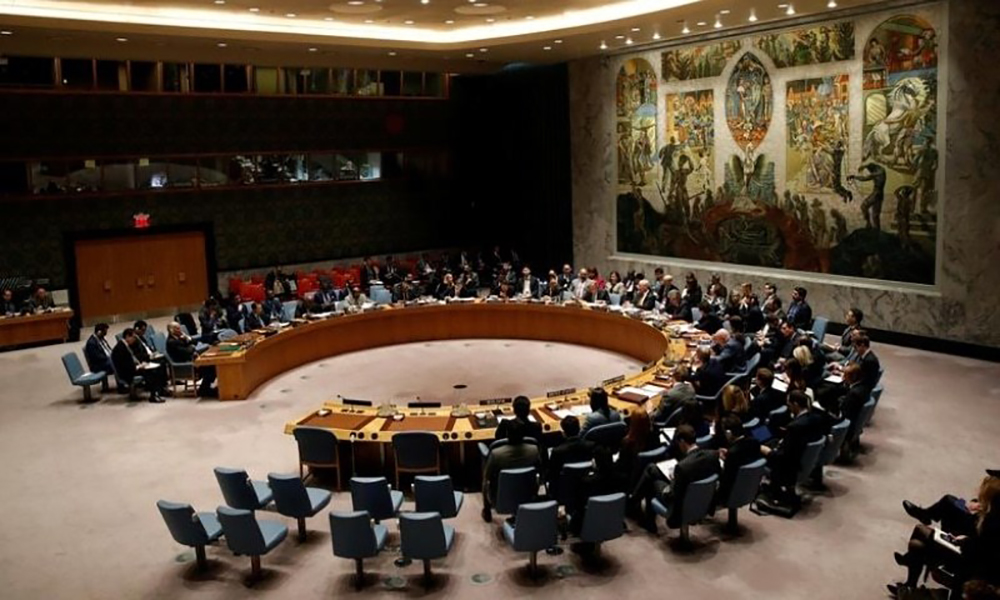However, other Council members urged caution in dealing with the Islamic Emirate.
The United Nations Security Council held a special session this week to assess the situation in Afghanistan, with international stakeholders offering sharply contrasting views on engagement with the Islamic Emirate-led administration.
The meeting comes amid growing concern over humanitarian conditions, the erosion of women’s rights, and the international community’s fractured approach to the future of the country.
Roza Otunbayeva, head of the UN Assistance Mission in Afghanistan (UNAMA), presented the UN’s newly formalized “Mosaic Strategy,” aimed at focused engagement without legitimizing the current political order.
“The goal of this focused engagement is to support the emergence of an Afghanistan that lives in peace with itself and its neighbors, adheres to international obligations, reintegrates into the global community, and avoids a return to cycles of violence,” Otunbayeva told the Security Council.
She warned that the Islamic Emirate of Afghanistan’s (IEA) continued ban on girls’ education threatens to deepen Afghanistan’s international isolation. “Policies that restrict the rights of women and girls represent a major obstacle to Afghanistan’s reintegration into the international system,” she said.
Sima Bahous, Executive Director of UN Women, echoed those concerns, stating that women’s full participation is essential to achieving lasting peace and legitimacy.
“Without full and active inclusion of women, no sustainable stability or real progress can be achieved in political or humanitarian efforts,” she noted.
Amid this backdrop, U.S. Ambassador Dorothy Shea confirmed that Washington is reassessing its policy on Afghanistan.
“Nearly four years have passed since the Taliban (IEA) took control, yet the situation remains dire,” she said.
Shea emphasized that the Trump administration’s renewed strategy will center on securing U.S. interests, including the protection of American citizens, the mitigation of terrorism threats, and the release of detained Americans.
“Our approach to assistance has not been sustainable and has failed to yield the intended results,” Shea stated. “It is now time for the Taliban to perform.”
Her remarks signaled a shift toward more conditional, outcome-based engagement and away from open-ended commitments.
However, other Council members urged caution in dealing with the Islamic Emirate.
China’s envoy Geng Shuang called for a more pragmatic approach, warning against politicizing humanitarian aid and cautioning that women’s rights should not be the sole barometer of international engagement.
“We must respect Afghanistan’s traditions and realities,” Geng said, “and avoid imposing excessively strict demands.”
Qatar’s representative announced plans to host two key working group meetings under the Doha Process from June 30 to July 1. These sessions—on counter-narcotics and private sector development—will include representatives of the IEA, suggesting an ongoing track of technical engagement even amid diplomatic caution.
The Council session laid bare the growing divisions over how best to handle Afghanistan’s future: whether to isolate the IEA-led government over human rights violations, or to engage pragmatically to maintain stability and prevent a humanitarian collapse.
 Afghanistan Peace Campaign
Afghanistan Peace Campaign